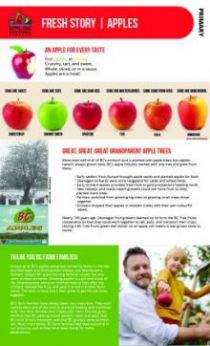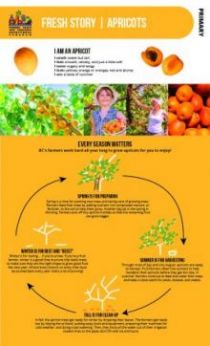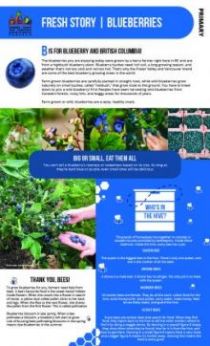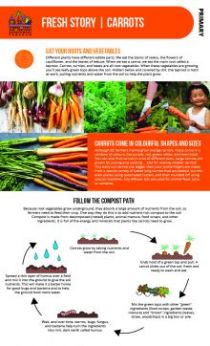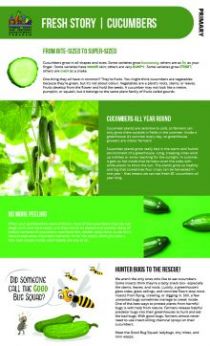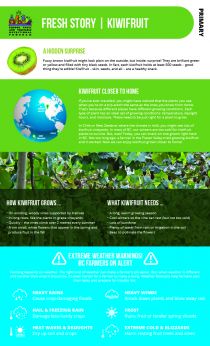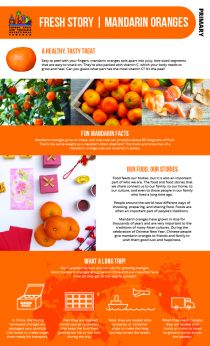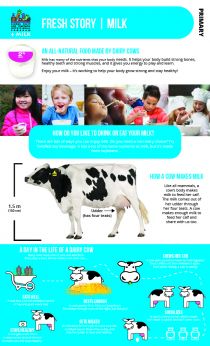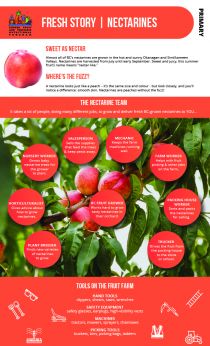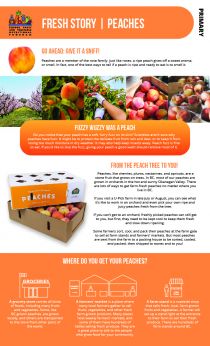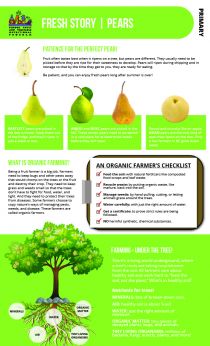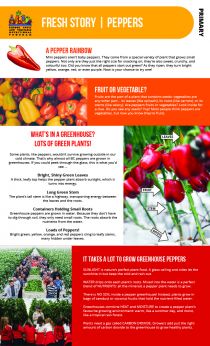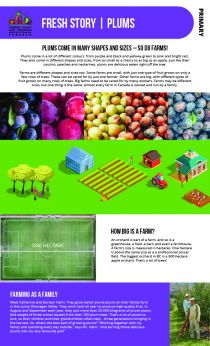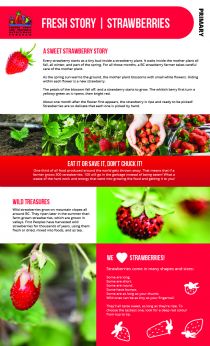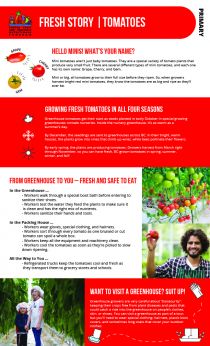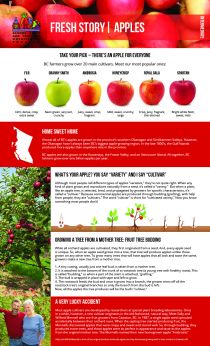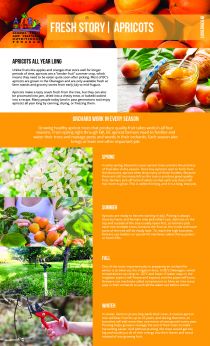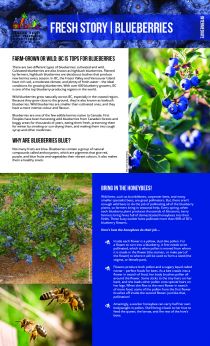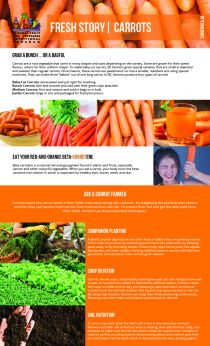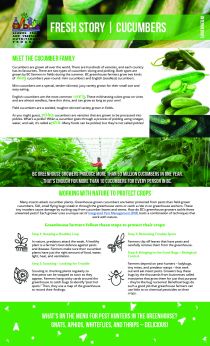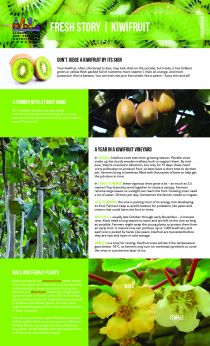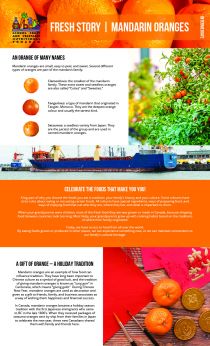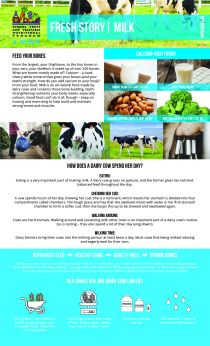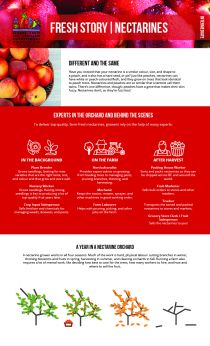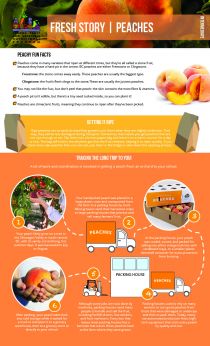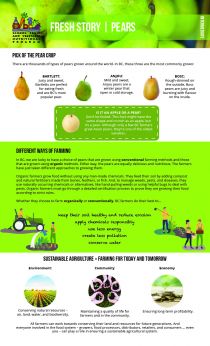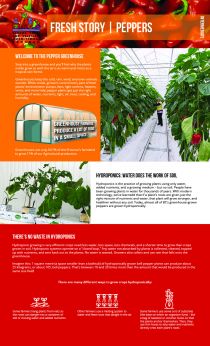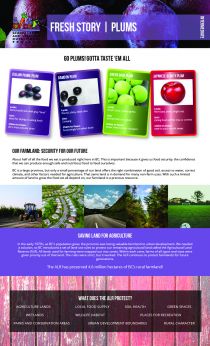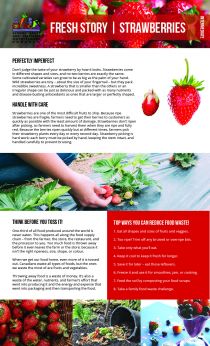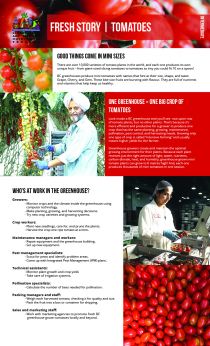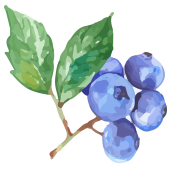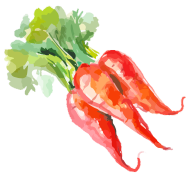Connecting Students to Agriculture
BC Students deserve to eat the best, and thats BC grown fruits and vegetables. The BC School Fruit and Vegetable Nutritional Program (BCSFVNP) grew out of an idea formed in 2004 to bring BC grown fruits and vegetables into the classroom.
As a non-profit organization dedicated to bringing BC's agriculture to students, we were a natural choice. Already working closely with schools, producers, suppliers, and distributors, we were proud supporters of BC farmers and BC grown produce.
What a long way we've come! The BCSFVNP has grown from an initial launch of 10 schools to over 100 K-12 public, independent and First Nations schools that are participating in the program for the 2024/25 school year. With the help of our over 4,000 volunteers and incredible agricultural partners, we now provide fresh fruits and vegetables 24 weeks in the school year to over 530,000 students. Many of those students are trying new foods for the first time and finding out how great they taste. They are also making connections to where their food comes from and learning that eating BC grown produce supports local farmers and the economies of rural regions— building blocks toward a lifetime of healthy and sustainable eating.
Why We Love the BCSFVNP
- It increases students acceptance of exposure to, and willingness to try fruits and vegetables
- It increases students knowledge and awareness of fruits and vegetables as nutritious foods to eat.
- It increases knowledge and awareness of locally grown foods.
- It increases access to local fruits and vegetables in BC schools.
- It supports BC's economy and builds relationships between industry partners by working with local growers and distributors to bring fresh BC products to schools across the province.
Who Funds the BCSFVNP?
The program is supported by schools who choose to use their Feeding Futures Grant, support of school PAC or other funds from the community.
We acknowledge the financial support of the Province of British Columbia through the Ministry of Education and Child Care.
Sign Us Up!
As all funding for school food programs is now held in School Districts through Feeding Futures, the BC School Fruit and Vegetable Nutritional Program will be transitioning to a district-led and funded model in the 2024/25 school year.
The BC School Fruit and Vegetable Nutritional Program supports schools to achieve their Feeding Futures goals by sourcing local food at bulk prices from BC farmers and providing regular deliveries of BC fruit, vegetables, dairy and proteins through our distribution network to all corners of the province. Through this past year, we have undertaken the work to begin to modify our program, including the kind of products available and expansion of the number of weeks of the program to 24 weeks, with multiple products available in each of these weeks.
We will continue to work closely with you and how to ensure the program is meeting the needs of your school.
In order for students/schools to continue receiving fresh BC products delivered direct to school, we are asking schools and/or school districts to communicate with us as soon as possible, some BC product is still available.
School signs a school contract to participate in one of the following (or a district contract for a number of schools)
A) 12-week program (every second week) for _ number of students. The estimated number of students can fluctuate by 10%over the school year.
B) 24-week program (weekly) for _ number of students. The estimated number of students can fluctuate by 10% over the school year.
As part of the contract, for either A) or B), you will be committing to a $1500.00 deposit which is payable on commencement of the program.
The products will be offered at $0.85 per serving, including delivery to the school.
Cost calculation: number of students x 12 (or 24) weeks x $.85 per serving = cost
The servings will be a blended mix of seasonal products noted below, delivered directly to the school.
Potential products: Baby Carrots, Mandarin Oranges, Mini Cucumbers, Marble Cheddar Cheese Sticks, Mozza Cheese Sticks, Pears (Bartlett, Bosc, Anjou, Organic) Apples (Ambrosia, Gala, Granny Smith, Golden Delicious, McIntosh, Organic, Pink Lady, Royal Gala, Spartan) Tomatoes (Grape, Cherry, Mini San Marzano, Cabernet, Yellow Cherry) Snap Peas, Mini Peppers.
Additional products available to order (for all grades) can be: Milk single serve, Yogurt single serve, Cheese Sticks (Marble and Mozza), Single Hard Cooked Eggs.
Please reply by email to help@aitc.ca with a signed school contract or call the BCAITC team at 1-866-517-6225.
We acknowledge the financial support of the Province of British Columbia through the Ministry of Education and Child Care.
A Crop of Resources!
We provide a number of resources specific to the BC School Fruit & Vegetable Nutritional Program (BCSFVNP) so that teachers can use the classroom produce deliveries as an opportunity to link to the curriculum and teach about healthy eating, BC agriculture, and farm-food connections.
Student/Parent Brochure
Every participating student will receive a program brochure to take home. It provides parents/guardians and students with information about the fresh fruit and vegetable program, along with a list of resources and websites for information on healthy eating.
Information and Activity Sheets
There are several levels of information and activity sheets available as teachers’ materials. The "Fresh Story — Primary" sheets are designed to assist primary teachers in leading their students on discussions about the colour, shape, texture, flavour, smell, and taste of the delivered fruit or vegetable. Presented in a fun and engaging manner for classroom use, each "Fresh Story" contains interesting facts and trivia on each of the fruits and vegetables, including information on how they are grown and harvested, their history, and a related agricultural topic.
For older and middle grade students, “Fresh Story — Intermediate” furthers the discussion by introducing teachers and their students to the growers and suppliers of their classroom delivery. Each “Fresh Story — Intermediate” profiles a BC grower and their product and engages students in exercises and activities related to agriculture, while also incorporating Math, Language Arts, and Social Studies curriculum. At the Secondary level, "Grow BC " is an interactive map that showcases the location of where each commodity is grown. Take a comprehensive look at the wide variety of agriculture in BC!
Primary Fresh Stories (Click on Each Image to Download Resource)
Intermediate Fresh Stories (Click on Each Image to Download Resource)
Posters
Our posters are also great for displaying and making connections to agriculture in your classroom:
What Does It Take to Produce Food
We acknowledge the financial support of the Province of British Columbia through the Ministry of Education and Child Care.
Additional Supporters: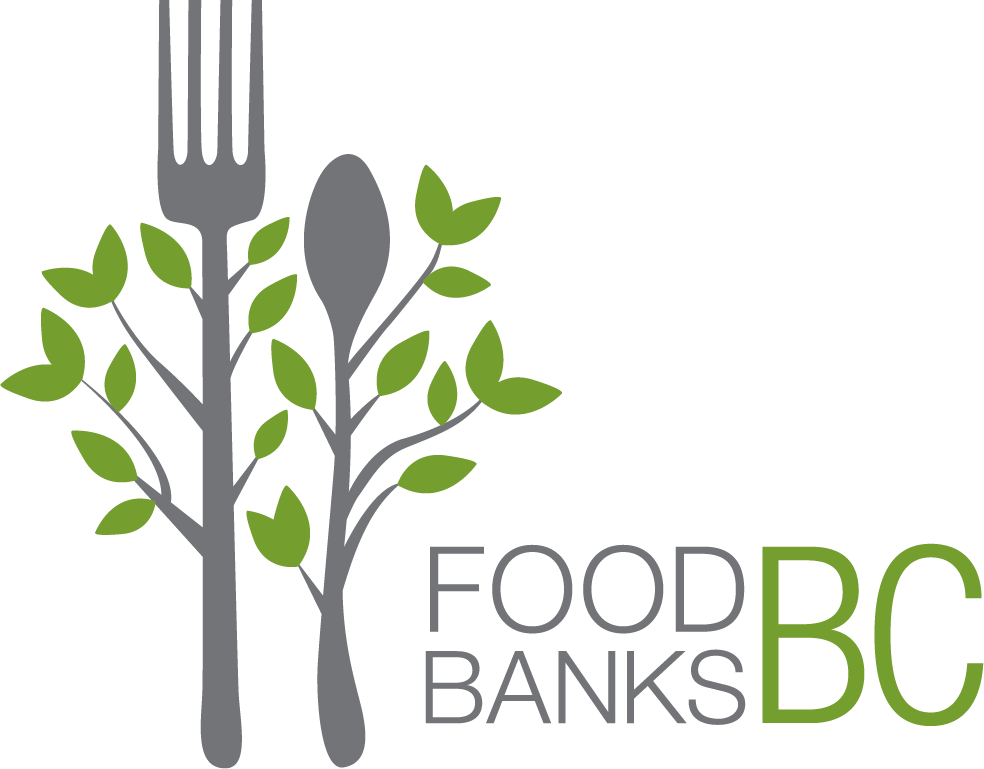
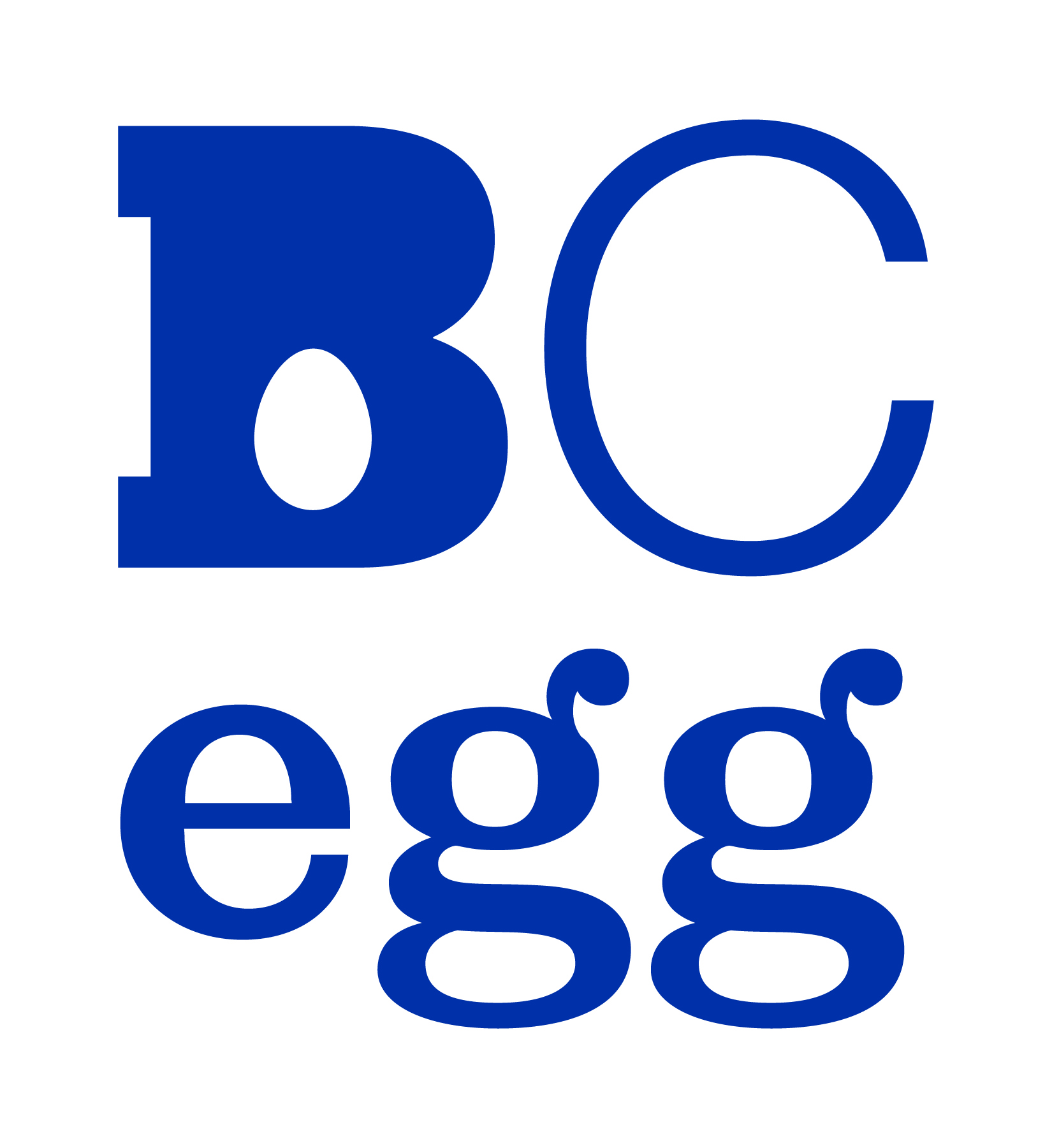
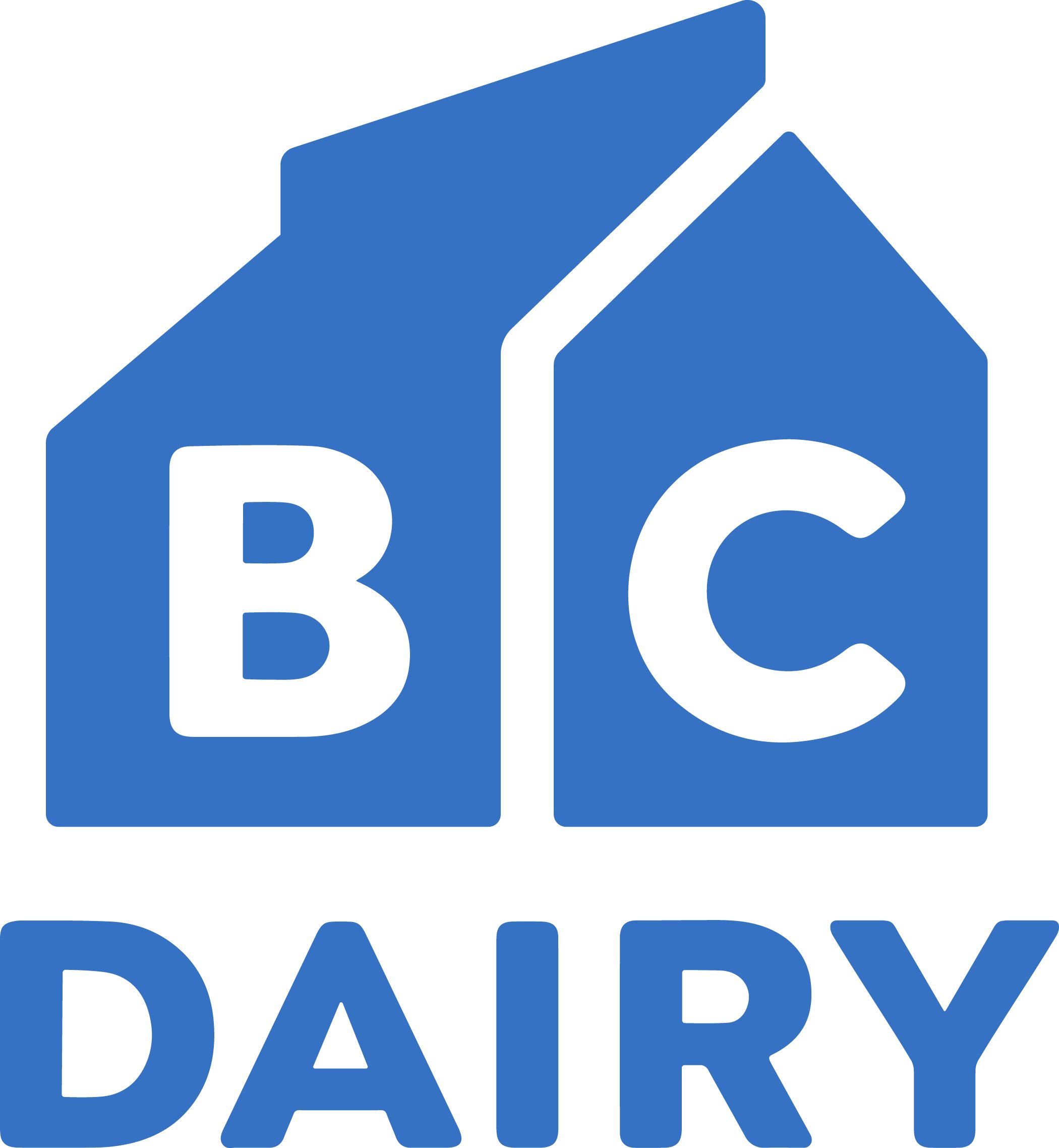
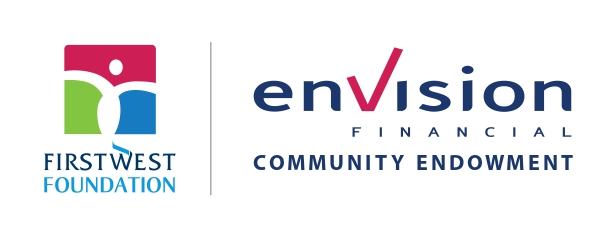
Partners Make It Possible — Thank You!
The BC School Fruit & Vegetable Nutritional Program (BCSFVNP) would not be the success it is today without the continued support of our partners in the agricultural industry. With their efforts and teamwork, we are reaching over half a million BC students who enjoy the taste of fresh fruits, vegetables, dairy and egg products. Together, we will keep spreading the word to teachers and their students about BC agriculture and the benefits of healthy eating.
School Year 24/25 Product Procurement RFP
Hello friends of BCAITC and BCSFVNP partners, we are now receiving proposals for the procurement of fresh ready to eat fruit, vegetable and protein products for the 2024/2025 school year. Potential suppliers are asked to submit business applications by Wednesday, June 19th, 2024 – 5:00pm
Click here for program information and criteria details. Please review all the details, and ensure you submit the “RFP 2024-25 Appendix 1” with your application.
Delivery calendar for 2024-2025
Program Partners
BC Ministry of Agriculture and Food
BC Ministry of Education and Child Care
Envision Financial Community Endowment
Distribution:
Bandstra Transportation Systems Ltd.
DSKD Transport
DW Winland
H&G Contracting
I.D. Works Delivery Services Ltd.
Mayne Island Courier
Nootka Sound Service Ltd.
North Island Delivery Services
Ootsa Air
PJY’s Services Ltd.
Pender Harbour/Madeira Park IGA
Shop Easy Hagensborg Mercantile
Tru Value Foods Pender Island Driftwood Centre
Vi & Cor’s Food Basket
Product Suppliers:
Cawston Cold Storage
Join Us!
To find out how you or your business can support this exciting program, contact BC Agriculture in the Classroom Foundation or check out our Partnership Opportunities.
Teachers and Parents Ask the Best Questions
We have some Frequently Asked Questions on the changes to the BC School Fruit and Vegetable Nutritional Program, we thought we would share the answers with all of you!
If there is an issue with the condition and/or quality of the produce, please take pictures and e-mail them to help@aitc.ca.
Specifically, we need pictures of:
- the actual produce
- the outside of the boxes in which the produce arrived
- any expiry dates on the boxes or on the packaging inside the boxes
Call the BCSFVNP office’s toll-free number 1-866-517-6225 as soon as possible after you’ve e-mailed the pictures and steps will be taken immediately to correct the problem.
For a complete list of the refrigeration needs of all our produce, refer to our Fruit and Vegetable Storage Guide on page 13 of the Coordinator Guide. Dairy products and eggs must be refrigerated.
There may be occasions when growing conditions affect our BC crops and we will need to utilize other sources, such as Canadian produce and in some instances imported products.
But we do our best to ensure top quality BC produce whenever possible.
Some of the produce we provide in the Program is organically grown. Many of the products we use are not certified organic but are grown utilizing organic practices.
Absolutely. BC boasts some of the safest growing practices in the world. The Canadian Food Inspection Agency regularly checks produce for pesticide residues and our produce is considered some of the safest in the world. All of the fruits and vegetables used in the program are HACCP certified. This means that the growers follow all the best growing practices, and packing and safety techniques.
One reason you may have leftover produce is that, for food safety reasons, we do not break case lots of produce. Each school has the ability to utilize leftover produce however they see fit. Some schools use leftover produce for sports teams, in the school Culinary Arts or Home Economics class, provide it to a school meal program, while others package it up and send it home with children they feel are in need. This is a school-based decision.
The fruits and vegetables provided in the BCSVNP have been on a journey since their harvest at the grower so it is always a good idea to wash them prior to consumption. This can be easily achieved in most cases right in the packaging. Tree fruits have all been water bathed, but it’s a good idea to rinse prior to consumption. This is a good opportunity to emphasize with students one of the BCSFVNP objectives of safe food handling, no different than washing your hands. The fruits and vegetables that we provide are easily consumed without slicing or dicing. Enjoy them whole!
Those fruits and vegetables listed under “What products need to be refrigerated?” must not be left un-refrigerated for more than 2 hours. Other produce can be left out and served in class at the teachers' convenience.
The safety requirements for receiving, storing and handling the produce are outlined on pages 3-7 in the In-School Coordinator’s guide. It is recommended that your school have a FOODSAFE Level 1 certified handler. All hand washing and safety procedures as outlined in the FOODSAFE guide must be followed. All produce should be checked for freshness before being delivered to the classroom. Any quality issues should be recorded in the Monthly Log located on the School Login and reported to the BCSFVNP office. (See question “What if there’s a problem with my delivery?”).
This is not uncommon. In order for you to have the highest quality produce, we order from our suppliers up to 6 weeks in advance of your delivery date. Since we don’t want it to be over-ripe when it gets to you (thus inedible), we err on the side of caution so the produce may be a little under-ripe. Under-ripe produce also endures the trip from the supplier to the schools much easier than over-ripe produce. Please wait until your produce is ripe before you distribute it to the students. If your produce is a little underripe, placing it out on the counter next to some bananas (which give off a natural ethylene gas) will help it ripen quicker.
One method that we’ve heard used by schools was to use paper cupcake holders for each student’s serving. They are recyclable and inexpensive.
Up until Jun 29, 2013, none of the FOODSAFE Level 1 certificates had an expiry date. It was a one-time training. As of June 29, 2013 all new FOODSAFE Level 1 certificates issued in BC have a five-year expiry date. FOODSAFE Level 1 certifications without an expiry date expired on July 29, 2018. To obtain a new certificate holders can take an inexpensive and short three-hour refresher course. For accurate information on this topic, please contact the FOODSAFE Authority in your area through foodsafe.ca.
The main reason to take FOODSAFE training is to protect the public from foodborne illnesses.
It is our responsibility to ensure that the fruits and vegetables are safe to eat before they leave our supplier. It is the school’s responsibility to guarantee that they have a person inspecting all produce before it is distributed to the students.
Days where your school does not have a representative to sign for a delivery and therefore, cannot accept product, should be registered as a “no-deliver” day on the School Login. These days may include Pro-D days, holidays, spring break, etc. Once submitted, these changes will move seamlessly into our database. Please remember — we require a minimum of 4 weeks’ notice in order to reinstate or cancel a delivery.
If you know of someone at your school who will be available to accept the delivery on a day when students are not in session, we do not need to be advised of that date and cancellation is not necessary.
If a delivery date is cancelled, the product is not rescheduled for another day. The school will forfeit that delivery and will not be charged.
Fruit and vegetable crops are susceptible to many outside influences such as weather, temperature, and handling. Any variation in these influences can affect how quickly or slowly they ripen. Anything less than 5% of spoiled produce in your delivery is within a somewhat normal range. If more than 5% of your delivery is spoiled, please refer to “What if there is a problem with our delivery?” for instructions on what to do.
Unless the apples are organic a wax coating is added to whole apples. When apples are still on the tree they have a natural protective coating that slows dehydration and seals in moisture, but after they are picked the natural coating is removed. They are waxed to keep them fresh and looking fine.
The wax that is used is vegetable based, completely edible, safe, and approved by Agriculture and Agri-Food Canada. It is used very sparsely — a single gallon of wax will coat five tons of apples!
It’s not just apples that are waxed. Citrus fruits, rutabagas, cucumbers, many tomatoes, melons, and peppers also go through this same waxing process.
A recommended portion is: 1 medium-sized fruit or vegetable, or 1⁄2 cup (125 mL) of raw, fruits or vegetables. Refer to the Suggested Portions document for distribution recommendations on page 12 of the Coordinator Guide.
Program coordinators have access to the list of scheduled products on the Delivery Schedule located on the School Login. Specific allergies can be registered on the school Login and that delivery will be automatically cancelled.


